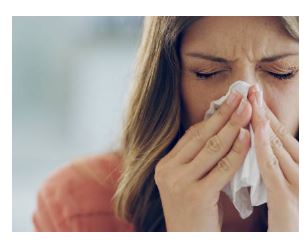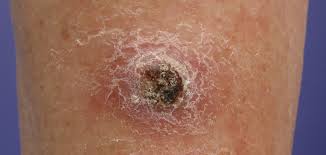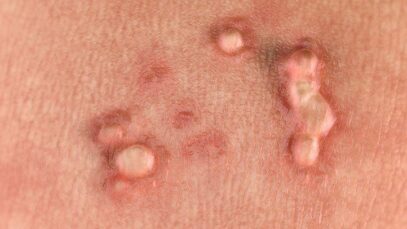“Allergic Rhinitis Self-Care: Breathe Easier with Proactive Relief”

Allergic rhinitis, often known as hay fever, affects millions of individuals worldwide. This chronic condition causes uncomfortable symptoms like sneezing, congestion, and itchy eyes, making it challenging to enjoy everyday life. The good news is that many allergic rhinitis sufferers can find relief through self-care practices. In this blog post, we’ll delve into what allergic rhinitis is, its common triggers, and, most importantly, how to take control of your symptoms with effective self-care strategies. Say goodbye to constant sniffling and hello to a life with clearer, more comfortable breathing.
Understanding Allergic Rhinitis
To effectively manage allergic rhinitis, you first need to understand it. Allergic rhinitis is an inflammatory condition of the nasal passages caused by allergens such as pollen, dust mites, pet dander, or mold spores. When exposed to these allergens, the immune system releases chemicals that lead to symptoms like sneezing, nasal congestion, itching, and a runny nose.
Identifying Your Triggers
The first step in self-care is recognizing your specific triggers. Common allergens that can exacerbate allergic rhinitis include pollen, which is prevalent during certain seasons, and indoor allergens like dust mites and pet dander. Identifying your triggers allows you to take proactive measures to reduce exposure.
Lifestyle Adjustments for Allergic Rhinitis Relief
Making lifestyle adjustments can significantly alleviate allergic rhinitis symptoms. Simple changes like keeping windows closed during high pollen seasons, using air purifiers, and regularly cleaning and dusting your home can reduce allergen exposure. Additionally, using allergen-proof covers on pillows and mattresses can help.
Practical Remedies and Self-Care Strategies
Over-the-counter antihistamines, decongestants, and saline nasal sprays can provide relief from symptoms. However, long-term use of some medications may have side effects, so it’s essential to use them as directed. Nasal irrigation with a saline solution can also clear irritants from your nasal passages and ease congestion.
Dietary Adjustments for Allergic Rhinitis
Certain foods, such as spicy dishes and those high in vitamin C and omega-3 fatty acids, can help reduce inflammation and alleviate allergic rhinitis symptoms. Incorporating these foods into your diet can contribute to your overall well-being.
Herbal and Natural Remedies
Many herbal and natural remedies, such as butterbur and quercetin, have shown promise in reducing allergic rhinitis symptoms. It’s important to consult with a healthcare provider before trying these remedies to ensure they are safe and effective for you.
Living with allergic rhinitis doesn’t have to be a constant battle with symptoms. By understanding the condition, identifying your triggers, and incorporating self-care strategies into your daily routine, you can significantly improve your quality of life. Take control of your symptoms and breathe easier with the self-care tips provided in this blog post. Always consult with a healthcare professional for personalized guidance and to explore long-term management options if needed


